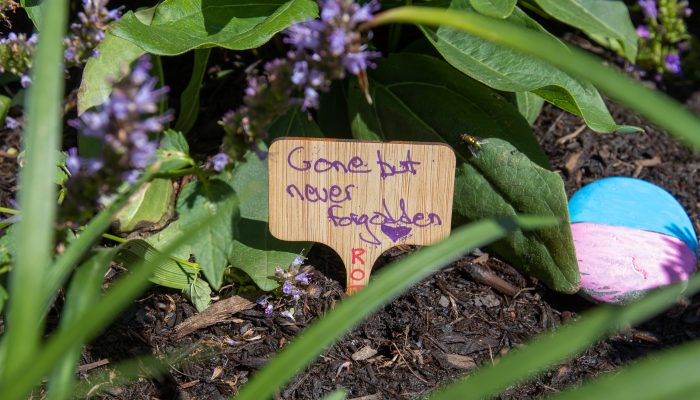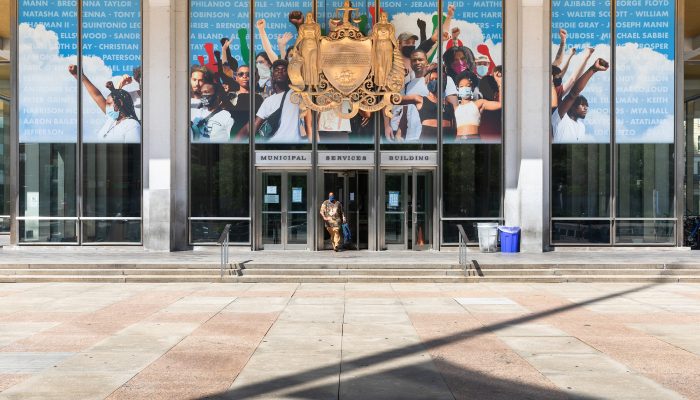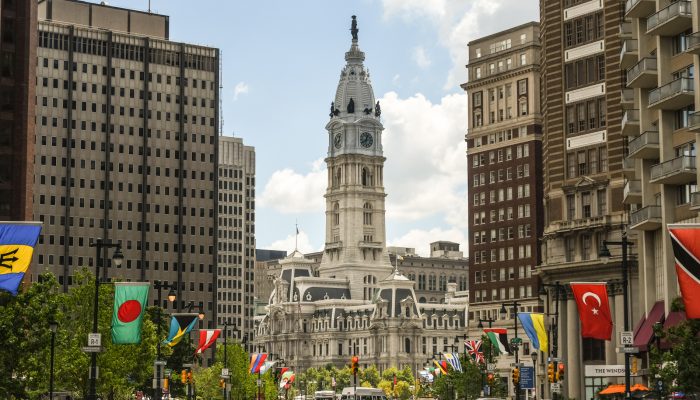In April 2023, Philadelphia’s Opioid Response Unit released its latest action plan, updating the City’s progress and outlining its latest efforts across departments to address the overdose crisis in Philadelphia.
What you need to know about the overdose crisis
The overdose crisis in Philadelphia is a public health emergency. In 2021, Philadelphia lost 1,276 people to unintentional fatal overdose, a 5% increase from the previous year.
- Philly’s street drug supply has become more potent and unpredictable, increasing the risk for overdose. Fentanyl, a highly potent synthetic opioid, has replaced heroin as the most common drug involved in fatal overdoses and is often mixed with xylazine (“tranq”), an animal tranquilizer not meant for human use.
- People who use tranq may develop severe wounds that take a long time to heal, making it difficult to access behavioral health treatment and housing. Tranq also suppresses breathing and can complicate overdose reversal.
- The overdose crisis is not limited to opioids. More than half of fatal overdoses involved the combination of opioids and stimulants. Overdoses involving opioids and stimulants are likely from fentanyl being pressed into counterfeit pills, as well as intentional polysubstance use.
- The overdose crisis is citywide. In 2021, most fatal overdoses occurred outside of the Kensington area, with 69% of fatal overdoses taking place in the victim’s home. Sharp increases in unintentional fatal overdoses were seen in North Philadelphia ZIP Codes 19124, 19132, 19133, and 19144.
- Overdoses are increasing in communities of color. In 2021, Black Philadelphians aged 35-44 died from unintentional overdose more than any other racial/ethnic group. Encouraging culturally affirming conversations around available options in treatment and harm reduction is crucial to help individuals access care and combat stigma.
- Philadelphians who are at risk for overdose may not identify as substance users and may not recognize themselves in outreach campaigns targeted to people who use drugs. Meeting residents where they are and partnering with trusted community messengers can raise public awareness and make harm reduction more accessible in impacted communities.
What is the City’s response to the overdose crisis in 2023?
Preventing overdoses and reducing harms associated with substance misuse:
The City will move beyond a one-size-fits-all approach to prevention by expanding targeted, culturally affirming community engagement efforts citywide and work with community partners to reduce stigma around harm reduction and evidence-based treatment. In addition, the City will partner with businesses, schools, places of worship and community-based organizations to promote community-specific messaging and reach residents who do not identify as people who use opioids or stimulants.
Engaging and supporting impacted communities:
In addition to investing $3.5M in community-based efforts through the Overdose Prevention and Community Healing Fund and the Kensington Community Resilience Fund, the City will increase the number of permanent and supportive low-barrier Housing First opportunities available to support people experiencing homelessness at different stages of recovery.
Expanding access to behavioral health treatment and recovery services:
Medications for opioid use disorder (MOUD) such as methadone are the gold standard for treatment in Pennsylvania. In 2022, DBHIDS will expand access to MOUD by launching mobile methadone citywide, making life-saving treatment for substance use disorder available on the street. People who are incarcerated are also at high risk for overdose. DBHIDS will expand access to MOUD in Philadelphia prisons, ensuring people who are incarcerated have the resources to effectively treat their illness.
Ensuring public safety by reducing drug market activity:
In partnership with local, state, and federal law enforcement agencies and the National Network for Safe Communities, the City is working to disrupt the open-air drug markets in Kensington through Drug Market Intervention (DMI). First piloted in High Point, North Carolina in 2002, the DMI strategy has successfully closed open-air drug markets nationwide and has been found to significantly reduce violent and drug-related crime.
Read the full 2023 Overdose Response Action Plan online.
How we made progress in the past year
Distributing vital resources to residents
Naloxone is a life-saving medication that can reverse an opioid overdose within minutes. In 2022, the Philadelphia Department of Public Health (PDPH) distributed 54,036 doses of naloxone to communities and installed the first Naloxone Near Me Tower, a 24/7 vending machine that dispenses free naloxone to residents, in West Philadelphia.
Improving access to treatment and housing
The Office of Homeless Services (OHS) and the Department of Behavioral Health and Intellectual disAbilities (DBHIDS) worked together to streamline services and break down system barriers by completing a 100-Day Challenge in Kensington that resulted in more than 400 people accessing housing and treatment services within 100 days.
Providing mobile wound care
DBHIDS piloted the first licensed mobile wound care van in Pennsylvania in response to xylazine and treated 1,254 patients for severe wounds, a common barrier to accessing treatment and housing. DBHIDS also expanded mobile outreach teams citywide to support adults experiencing a behavioral health crisis and promote alternative diversions.
Supporting grieving families
PDPH expanded bereavement care to support families who have lost loved ones to substance misuse and launched the first pop-up Overdose Memorial Garden in Center City in August 2022.
Strengthening community-based efforts
ORU launched the Overdose Prevention and Community Healing Fund, a $3.5M grantmaking program that mobilizes community-based organizations as trusted community messengers to bring prevention resources to impacted communities.
Offering same day pay for work
MDO-Community Services created 4,177 work opportunities for sheltered and unsheltered residents through Same Day Work Pay, a low-barrier, temporary employment program.
Investing in communities
The City of Philadelphia secured its share of the nationwide opioid settlements and will receive about $200M to support a wide range of crisis response strategies over the next 18 years. In January 2023, the City announced $20 million in initial investments from the opioid settlement to fund several initiatives in the 2023 Overdose Response Action Plan.
About the ORU
Established in February 2020, the Opioid Response Unit (ORU) is a permanent unit within the Managing Director’s Office that ensures that City departments are operating under a unified strategy in response to the overdose crisis in Philadelphia.
The ORU works across departments to expand the prevention and treatment of substance use disorder, while helping impacted communities recover through coordinated efforts in community support and public safety. The ORU also collaborates with residents, providers, and community partners to mobilize a community-based response and support impacted areas.
Learn more at phila.gov/opioids.




